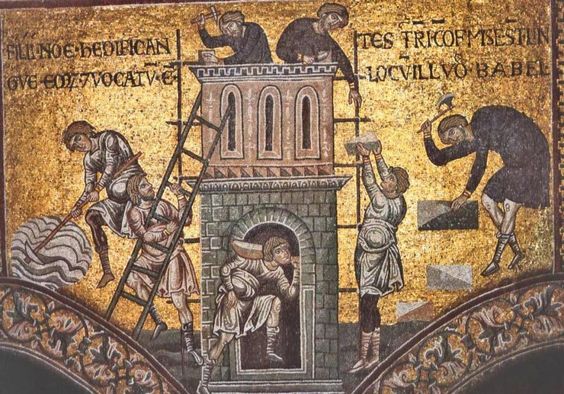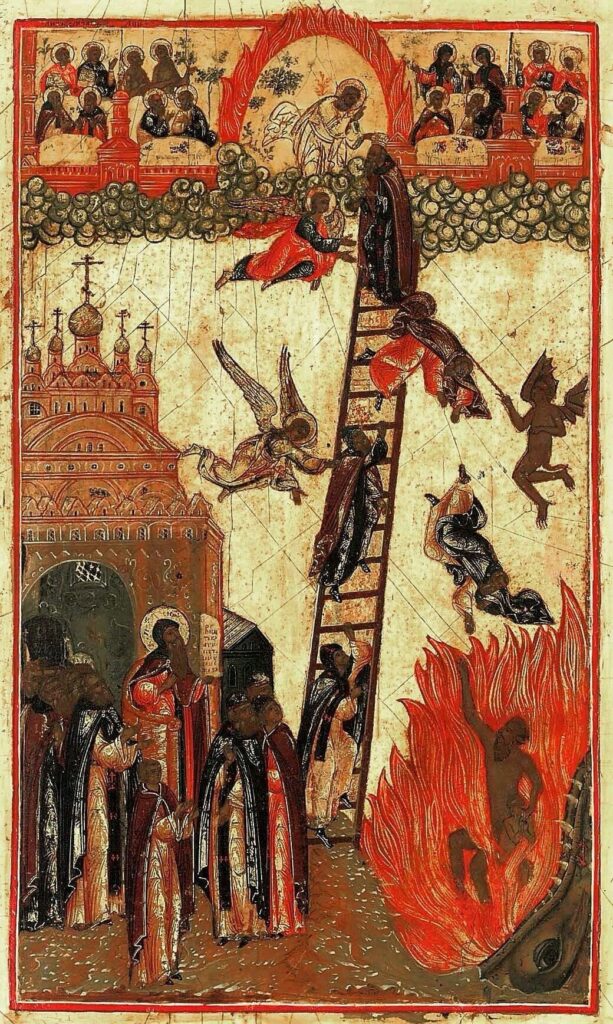
For if I pray in a tongue, my spirit prays and my mind is useless. What then? I will pray in the spirit and I will pray in my mind. I will sing praise in the spirit and I will sing praise in mind…. I prefer to utter five words with my mind so that I instruct others rather than utter an untold number of words in a tongue. (1 Cor. 14:13-19)
When St. Paul talks about love (agape) in this epistle, he wants his readers to understand that when we love/practice agape, we are participating in the Kingdom of God. When the gospels talk about love, it is always in the context of behavior: love is not a feeling or emotion but a way to behave. In this epistle, love is both a way to behave and a way to think; “strive for love” is both a way for the Corinthians to behave towards each other and an attitude towards each other that they should embrace.
If the Corinthians love one another, they should always want to support each other and build each other up. St. Paul points out that this attitude should be apparent in the way they pray together: it is better to say a few words that everyone can understand and that build up the community rather than lots and LOTS of words that mean nothing to most people.
The notion of “barbarian” is rooted in this inability to speak in a way that others can understand. The ancient Greeks thought that anyone who could not speak Greek and that they could not understand was simply making nonsense sounds and repeating “bar, bar, bar.” Hence, the term barbarian to mean someone who could not be understood. St. Paul implies that if the Corinthians do not pray with love, they are barbarians.
“I would rather speak five words that other people can understand.” Today, many preachers might take this to heart. Rather than say many fancy-sounding words that only a few can understand, it is better to preach in a way that everyone can appreciate. It is possible to talk about many sophisticated theological ideas in very simple language; one of my favorite guides to preaching suggests that a preacher never use words that are more than one syllable. That way the preacher avoids using fancy-sounding jargon and sticks to words that everyone knows. But using short words that everyone knows does not make a sermon boring. What makes a sermon boring are words that no one understands!

